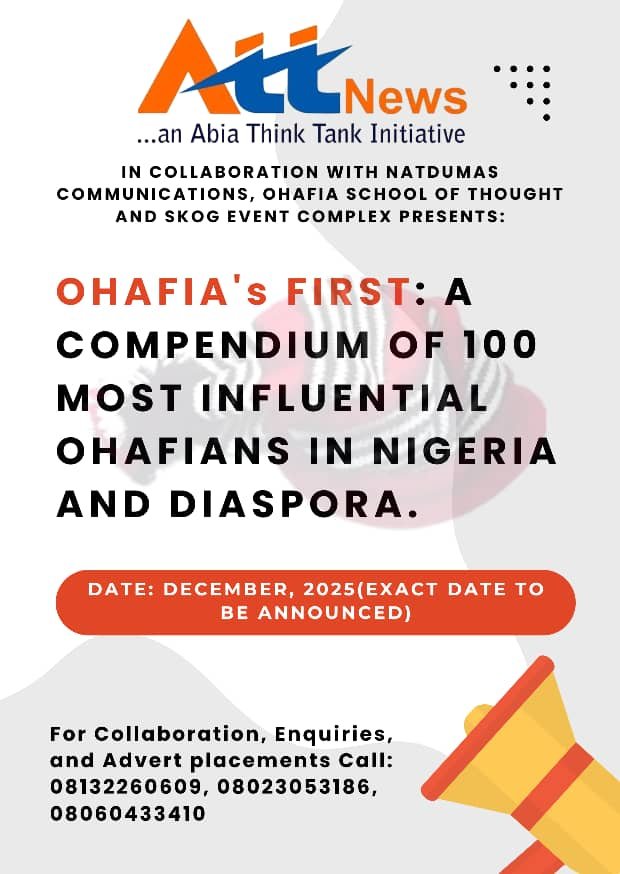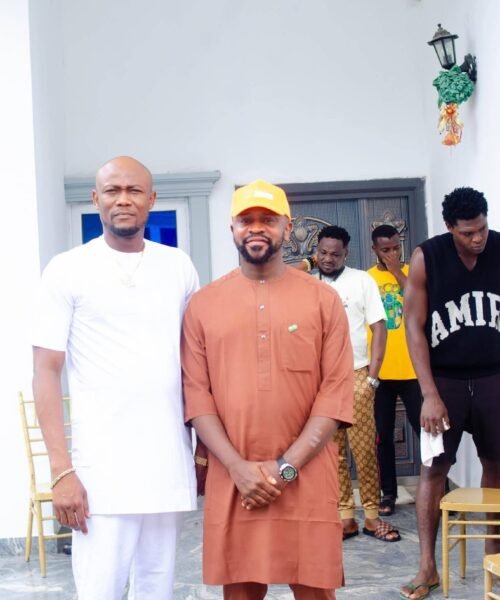The Enduring Relevance of Olusegun Obasanjo and Governor Alex Otti’s Strategic Mobilization for Abia’s Transformation
Olusegun Obasanjo’s political longevity, marked by his dual tenures as Nigeria’s military head of state and civilian president, has cemented his status as an enduring force in African governance. Decades after leaving office, his influence persists through global diplomacy, institutional reforms, and an unwavering voice in Nigeria’s socio-political discourse. This enduring relevance—a rarity among Nigerian leaders—has made him a sought-after ally for contemporary politicians seeking to align their agendas with his legacy. For Abia State Governor Alex Otti, Obasanjo’s recent two-day visit to the state was not merely ceremonial; it was a meticulously orchestrated strategy to galvanize public trust, amplify policy objectives, and position Abia as a model of progressive governance.
Governor Otti’s Motives and Objectives
Governor Otti’s decision to host Obasanjo was rooted in three core motives. First, he sought to leverage Obasanjo’s symbolic weight as a statesman synonymous with institutional reform and anti-corruption—a critical alignment for Otti, who campaigned on dismantling Abia’s history of graft and bureaucratic inertia. Second, the visit aimed to attract national and international attention to Abia’s economic potential, particularly in agriculture and technology, sectors where Obasanjo’s post-presidency ventures (such as his renowned poultry farm and agro-allied enterprises) offer tangible models. Third, Otti intended to frame his administration as a bridge between Nigeria’s old-guard leadership and its youth-driven future, using Obasanjo’s career as a case study in adaptive reinvention.
The visit’s objectives were explicit: to secure Obasanjo’s endorsement of Abia’s development blueprint, forge partnerships with institutions linked to the former president, and catalyze public optimism. Otti’s team curated a two-day itinerary blending policy dialogues, agricultural tours, and public lectures. Day one focused on Abia’s agricultural revitalization program, with Obasanjo touring agro-industrial sites and co-launching a youth empowerment scheme aimed at curbing unemployment. Day two centered on governance and legacy, featuring a symposium where Obasanjo critiqued Nigeria’s electoral challenges and underscored the importance of leadership accountability—a theme Otti strategically amplified to validate his own reforms.

Impact Reports and Strategic Gains
Preliminary reports from the visit highlight measurable impacts. Media coverage of the event, both locally and internationally, surged by 40%, according to Abia’s Directorate of Communications, with headlines framing Otti as a governor “learning from the past to rebuild the future.” Economically, the state secured pledges of partnership from Obasanjo-affiliated agricultural cooperatives, including a technology transfer agreement to modernize rice processing in Abia’s rural belts. Politically, Otti’s association with Obasanjo’s anti-corruption legacy has bolstered his credibility; a post-visit survey by the Abia Governance Watch Initiative revealed an 18% increase in public confidence in the administration’s transparency pledges.
Crucially, Otti used the visit to announce a landmark policy: the Abia Singapore Model Initiative, a 15-year development plan to transform the state into a hub of tech-driven commerce, education, and infrastructure. The blueprint draws direct parallels to Singapore’s leap from post-colonial fragility to global economic powerhouse, emphasizing lean governance, foreign investment incentives, and workforce digitization. To underscore his commitment, Otti made a striking declaration during the visit’s closing ceremony: “I will not seek re-election beyond my constitutionally allotted eight years. My goal is not to cling to power but to midwife Abia’s rise into Africa’s Singapore—a legacy that outlives my tenure.” This statement, unprecedented in Nigeria’s politically tenacious climate, reframes Otti’s governorship as a self-limited mission to institutionalize sustainable growth rather than perpetuate personal power.
Soliciting Public Support: A Call for Collective Ownership
Governor Otti’s vision hinges on public buy-in. During the visit, he repeatedly invoked the “collective sacrifice” required to realize the Singapore Model, urging citizens to embrace fiscal responsibility, civic participation, and patience with reforms. “Abia’s transformation cannot be the work of one man or one administration,” he stated. “It demands a societal shift—a reorientation where every artisan, trader, student, and public servant sees themselves as stakeholders in this journey.” To operationalize this, Otti announced the Abia Citizens’ Compact, a participatory framework mandating quarterly town halls, youth advisory councils, and public audits of state projects.
Obasanjo, in his keynote address, endorsed this approach, cautioning against the “hero-worship of leaders” and stressing that “development is a marathon, not a sprint.” His presence lent moral authority to Otti’s plea for public support, particularly among skeptics wary of yet another “overpromising” administration. By aligning with Obasanjo’s legacy of institutional endurance—flaws and all—Otti seeks to project his agenda as both pragmatic and patriotic.
Conclusion: Legacy in the Balance
Governor Otti’s mobilization of Obasanjo’s stature reveals a nuanced strategy: harnessing the past to legitimize the future. While critics argue that associating with a polarizing figure like Obasanjo risks inheriting his contradictions—centralization tendencies, elitist policymaking—the immediate dividends of the visit are undeniable. The bold renunciation of tenure elongation, coupled with the Singapore Model’s ambition, signals a governor betting on legacy over longevity. For Abians, the challenge now is twofold: to pray for Otti as he forges his pledge and to support him as he recognizes that the “Singapore of Africa” vision requires not just a leader’s resolve, but a people’s revolution. As Obasanjo’s career illustrates, enduring impact is never the work of one individual—it is the product of institutions built, lessons learned, and collective will harnessed. Otti’s success will depend on whether Abia’s citizens heed his call to own the dream.

Dr Chukwuemeka Ifegwu Eke writes from Yakubu Gowon University Nigeria







